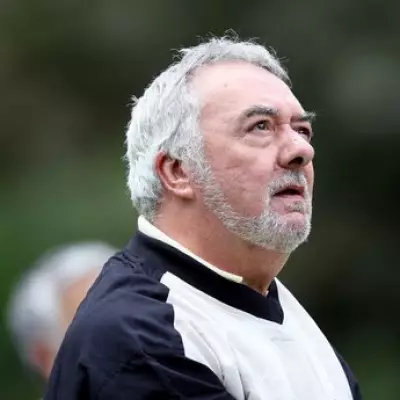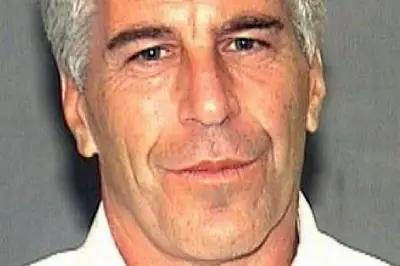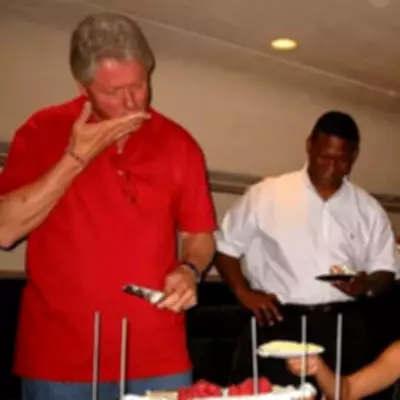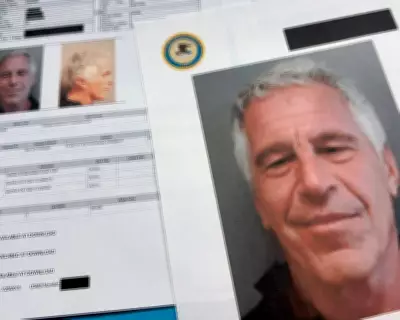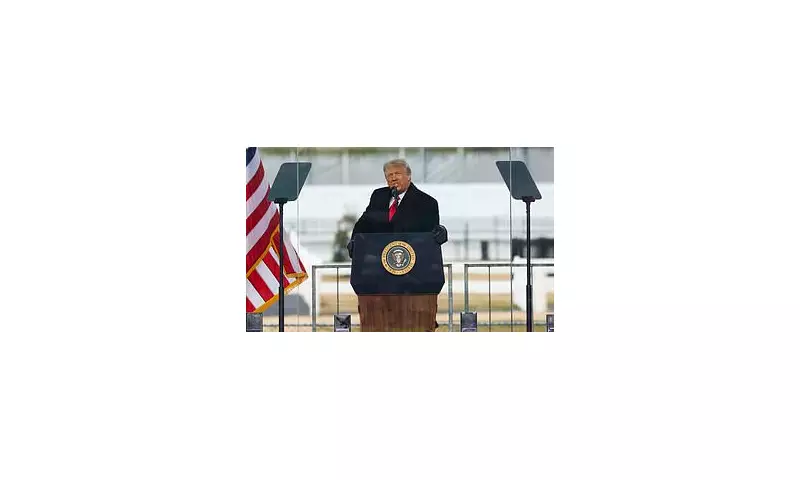
The BBC finds itself at the centre of a mounting controversy after allegations emerged that the broadcaster selectively edited footage of Donald Trump's speech during the January 6 Capitol riots, potentially distorting the former president's message.
What the BBC Edited Out
According to detailed analysis, the BBC's edited version of Trump's address omitted crucial passages where the former president explicitly urged supporters to 'peacefully and patriotically make your voices heard'. Critics argue this selective editing created a misleading impression of Trump's rhetoric during the pivotal events of January 6, 2021.
Mounting Pressure on Public Broadcaster
The editing choices have sparked outrage among Trump supporters and media watchdog groups, who accuse the BBC of journalistic malpractice and political bias. The controversy comes at a sensitive time, with the broadcaster's impartiality under increased scrutiny during election periods.
Broader Implications for Media Trust
This incident raises significant questions about editorial standards in major news organisations and the responsibility of broadcasters to present complete context, particularly when covering politically charged events. The allegations have ignited debates about media transparency and the potential consequences of edited footage on public perception.
BBC's Response and Ongoing Fallout
While the BBC has yet to issue a comprehensive statement addressing the specific editing allegations, the broadcaster maintains its commitment to impartial journalism. However, critics demand greater accountability and transparency in how historical footage is presented to viewers, especially when such content could influence political narratives.
The timing of these revelations adds another layer of complexity, as media organisations worldwide prepare for extensive coverage of upcoming electoral processes and face increasing scrutiny over their editorial decisions.

